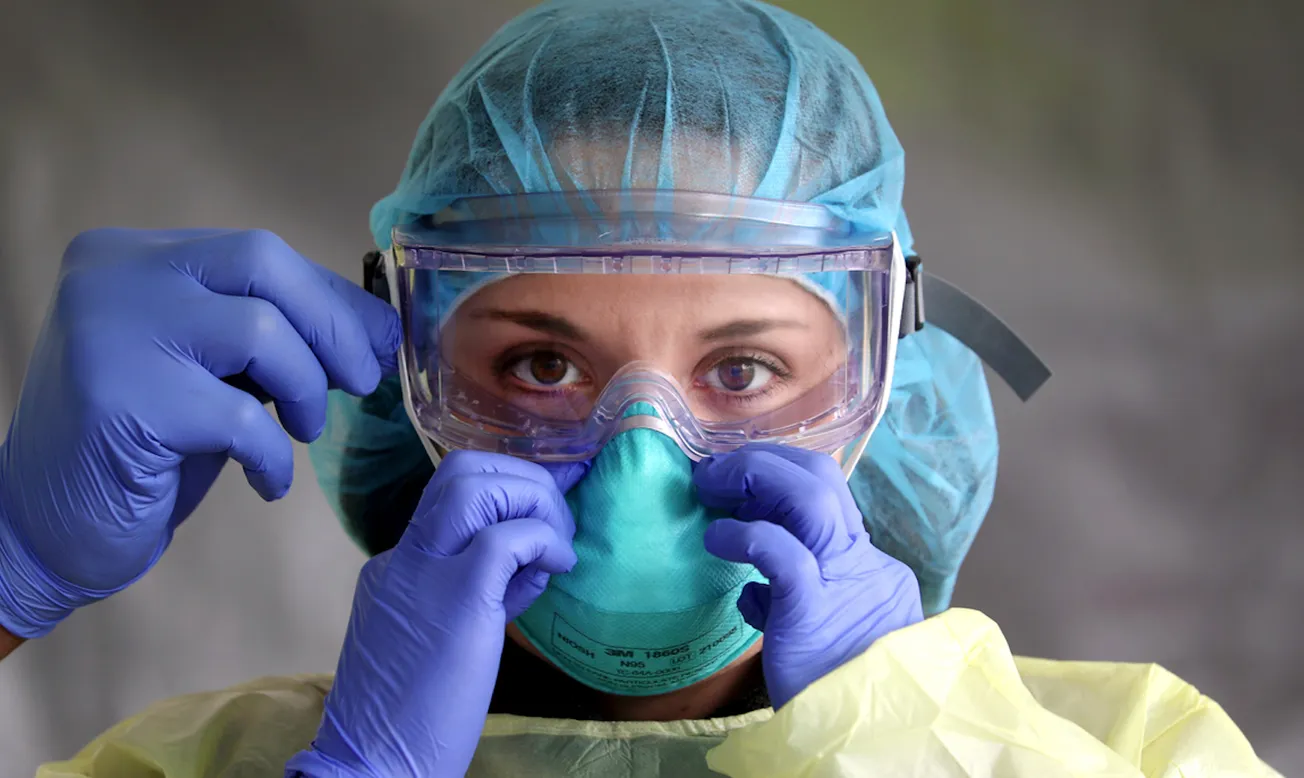Table of Contents
From social distancing to shelter-in-place orders, there is a clear trend towards escalating government control in order to contain the coronavirus. In the United States alone, nearly 280 million people are now under some form of lockdown. As the epidemic sweeps the world, centralized government intervention appears to be our only hope.
Even countries that have been held up as examples of effective democratic management of coronavirus, such as South Korea, have relied on extensive administrative interventions and a highly compliant population. Mass contact tracing requires extensive surveillance measures and violations of privacy that should give Western nations pause even during this trying time.
The United States’ size and diversity may appear to put us at a disadvantage in responding to the virus. Distinct regional challenges and political delays can render executive action slow and ineffective. We need more creative solutions.
But what the US lacks in centralized absolute governance and homogeneity in its population, it makes up for it in its enterprising spirit. We should embrace our strengths of federalism and private ingenuity. To defeat the invisible enemy once and for all, the United States Government needs to unleash the power of private initiative.
Many of the previous missteps in the United States’ response to coronavirus came from reliance on or expectation of central governmental coordination. In early February, the CDC’s production failures and refusal to allow private labs to perform coronavirus testing prevented the scaling up of early testing efforts. COVID-19 spread undeterred for weeks.
In stark contrast, in Washington state, Dr. Helen Chu of the Seattle Flu Study, supported by state health officials, defied CDC and FDA orders to begin private tests in late February. While federal regulators argued that their funding only supported flu testing, she went ahead and reappropriated facilities to test for coronavirus. Her group discovered that community transmission had happened undetected for weeks. Their discovery prompted immediate state action and transformed Washington from the start and center of the outbreak in the U.S. to one of the states that has best controlled it.
An embrace of decentralization means greater independence for local actors, such as Dr. Helen Chu, and state governments. Instead of waiting for months for approval, new designs for ventilators and PPE could be produced and tested immediately. Medical supplies could be allocated according to need rather than through official guidelines. Sourcing from local personnel, states can explore and experiment on different policies in order to discover and introduce much more effective policies far earlier.
Even now, as states continue to extend lockdown procedures, they demonstrate a dearth of thought and a woeful reliance on centralized coordination. Lockdowns are easy to justify, but they are unsustainable. By framing the argument between more lockdowns and uncontrolled death tolls, Governors are not acknowledging alternate solutions to contain and combat the invisible enemy.
States should instead independently experiment with innovative models for restarting the economy with private partners. We must reimagine both business activities and social distancing. For example, many services, such as barbering, can be redesigned to be performed outdoors. Similarly, in person education can resume by moving the classroom to the outdoors, as proposed by Stanford. Moreover, phased re-openings, where less risky establishments are opened firstare a constructive step in our return from lockdown which can avoid a second peak in infections.
The response against coronavirus has revealed the true virus in American thinking: our lack of creativity is leading to thoughtless emulation of other countries' policies. The United States should capitalize on its world-leading private companies and robust federalist system to deliver a response that is ingenious, effective and uniquely American.









